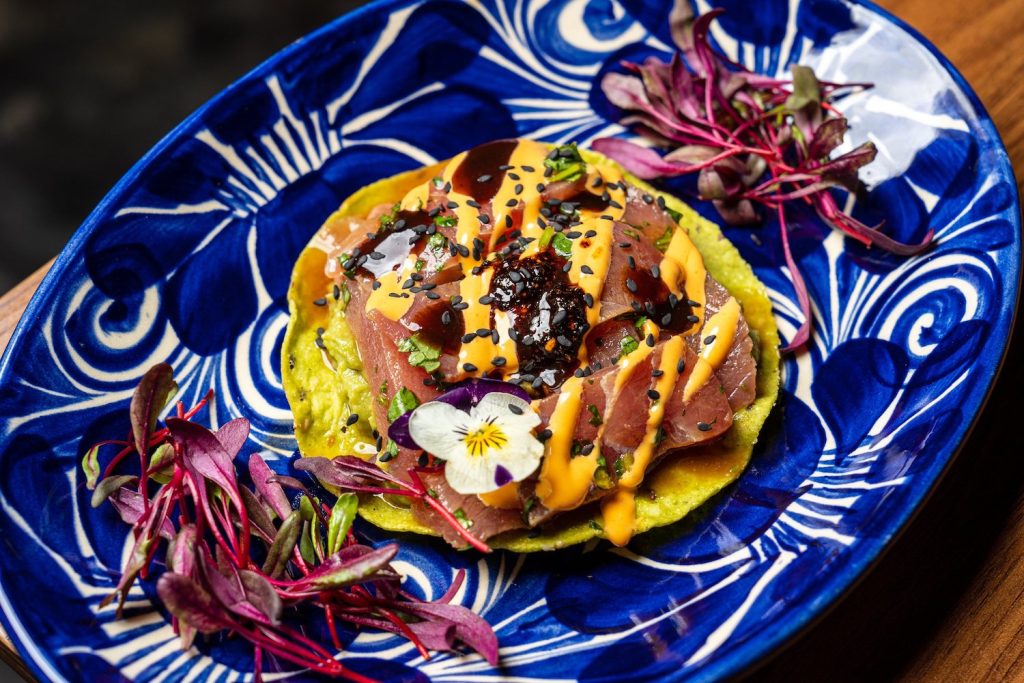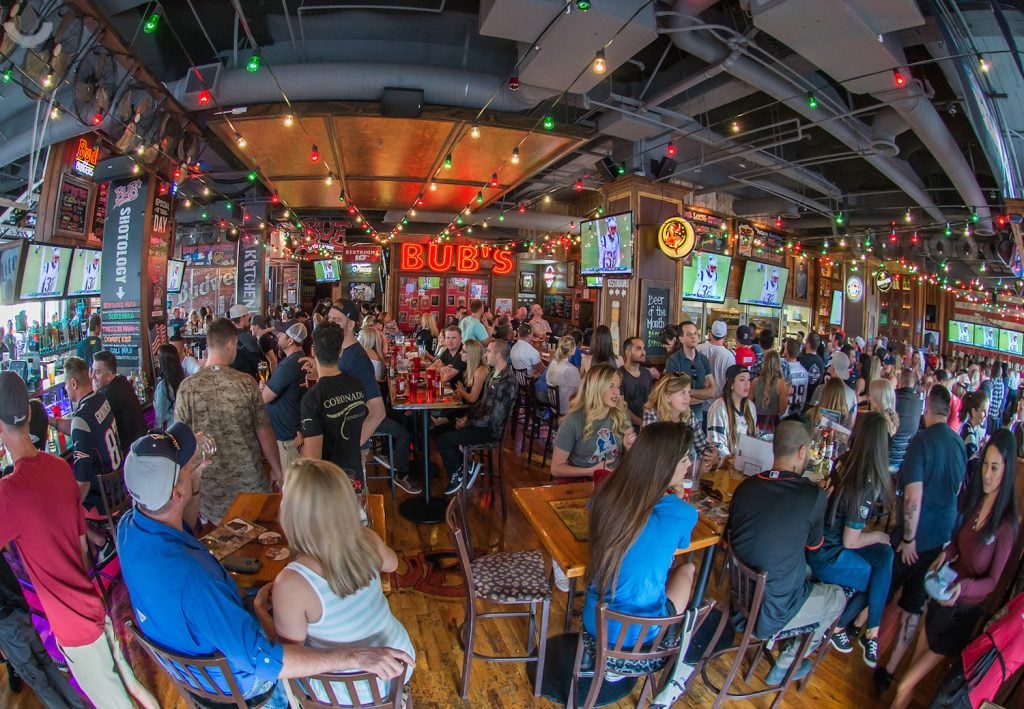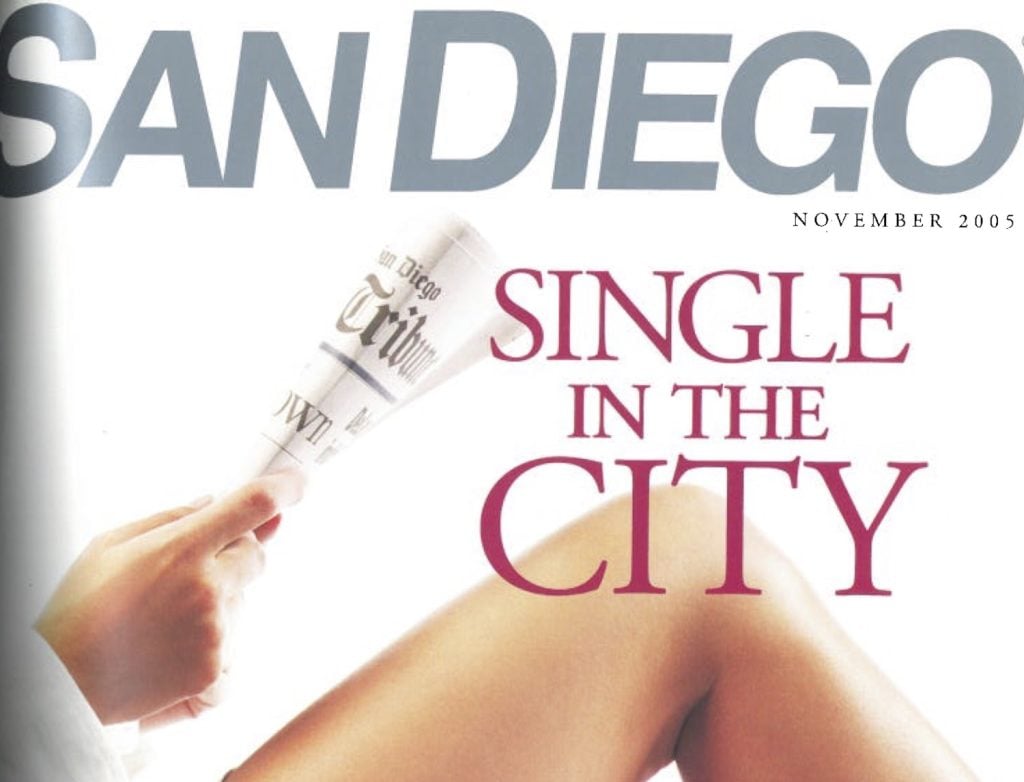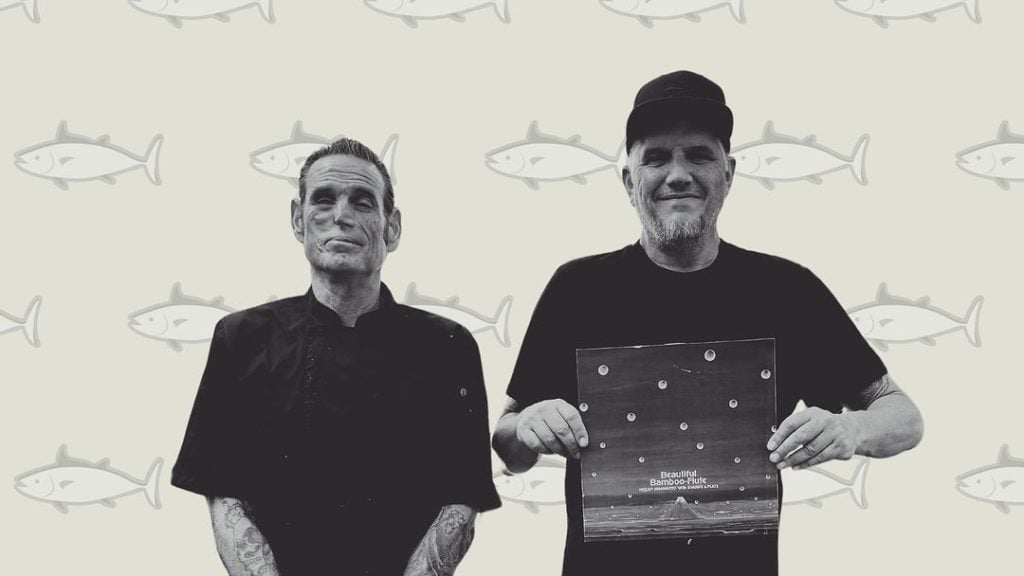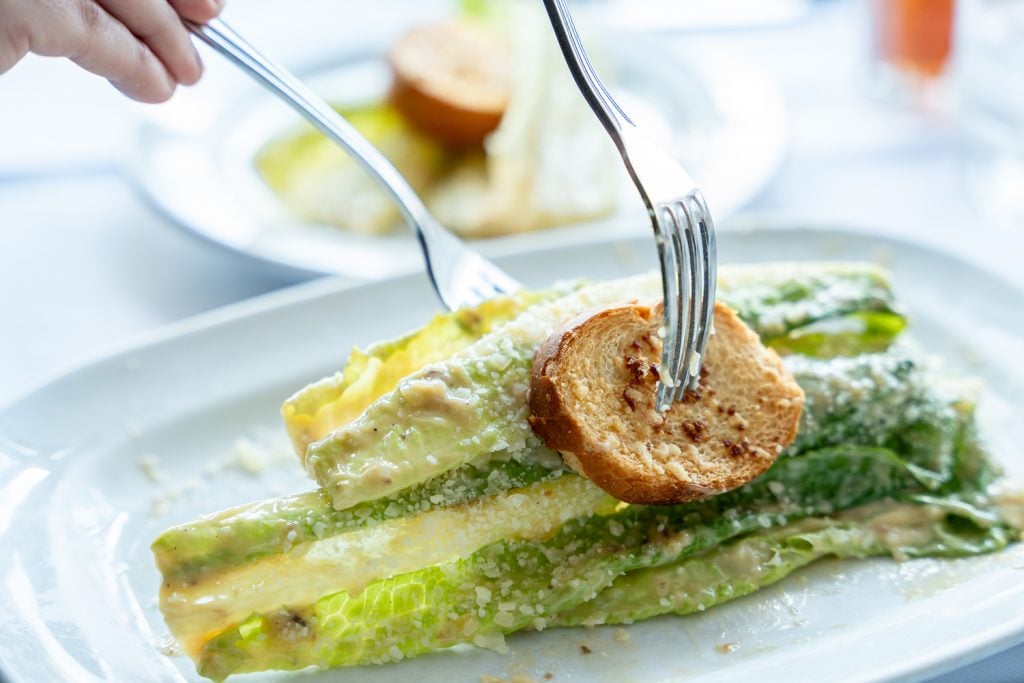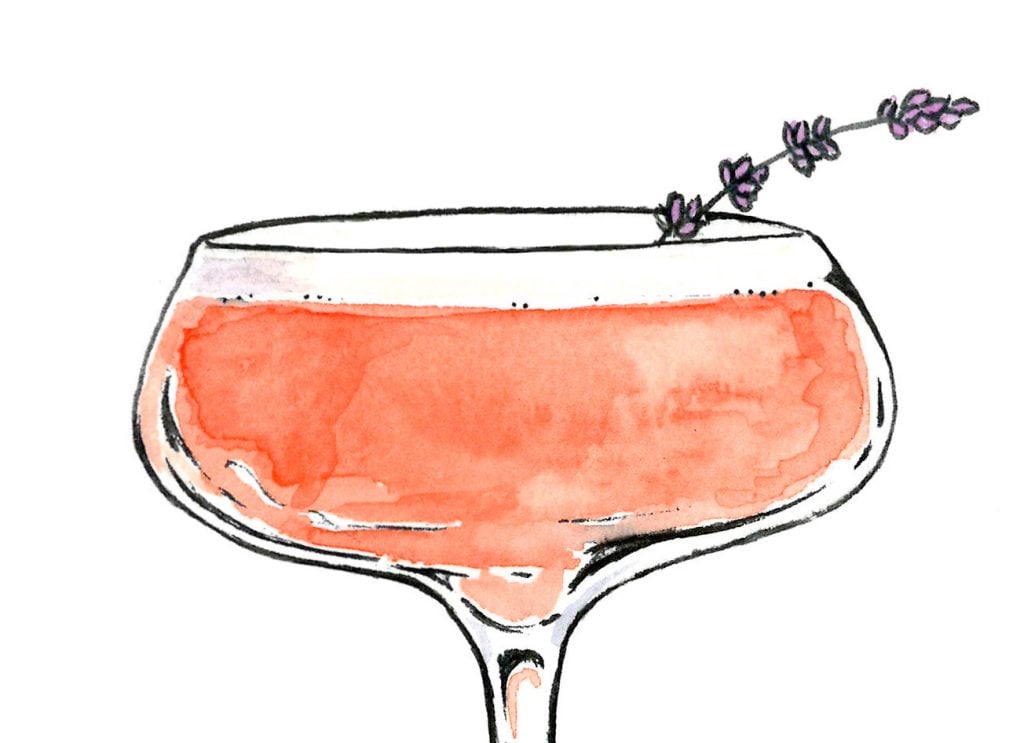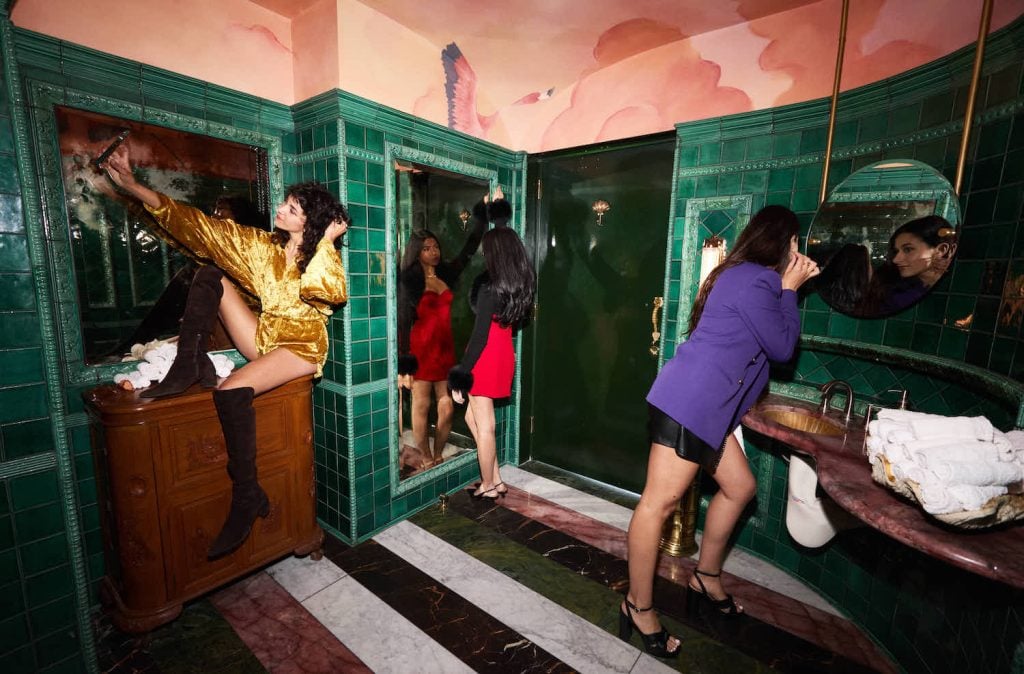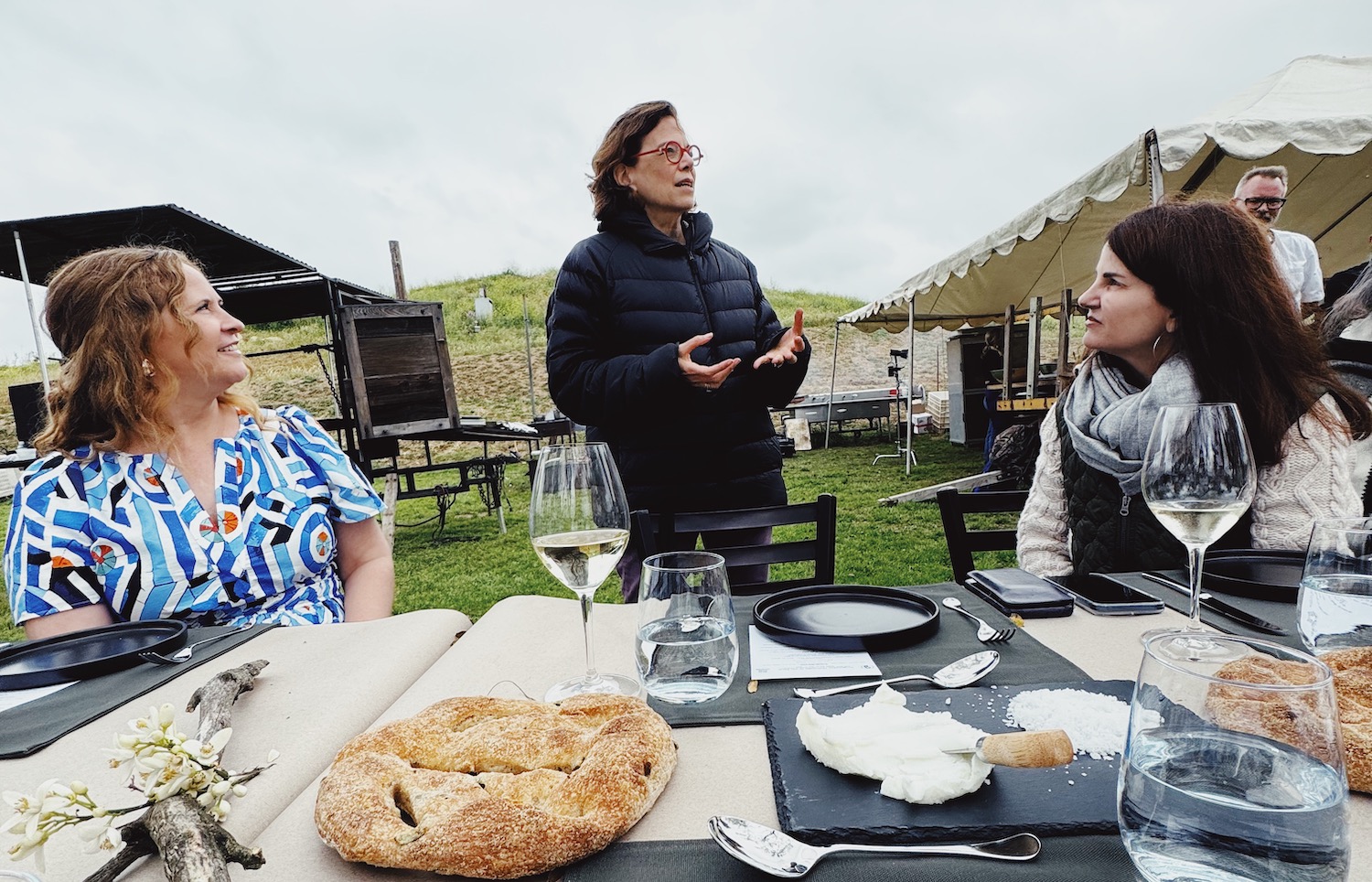On an overcast and unseasonably chilly Sunday afternoon, a group of people gather for the most ancient tradition—supper. Nearby, young goats gallop like babes. A German shepherd keeps on the dirt road that winds through the farm, a necessary scar in the perfectly imperfect land that’s home to Stehly Farms.
We’ve been called here by two forces: famed Baja chef Drew Deckman and his team, who are offering a glimpse of food they’ll be serving at his first San Diego restaurant, 31ThirtyOne, and Dana Cowin, the former longtime editor in chief of Food + Wine magazine and creator of a new sustainability-through-food concept, The Progressive Hedonist.
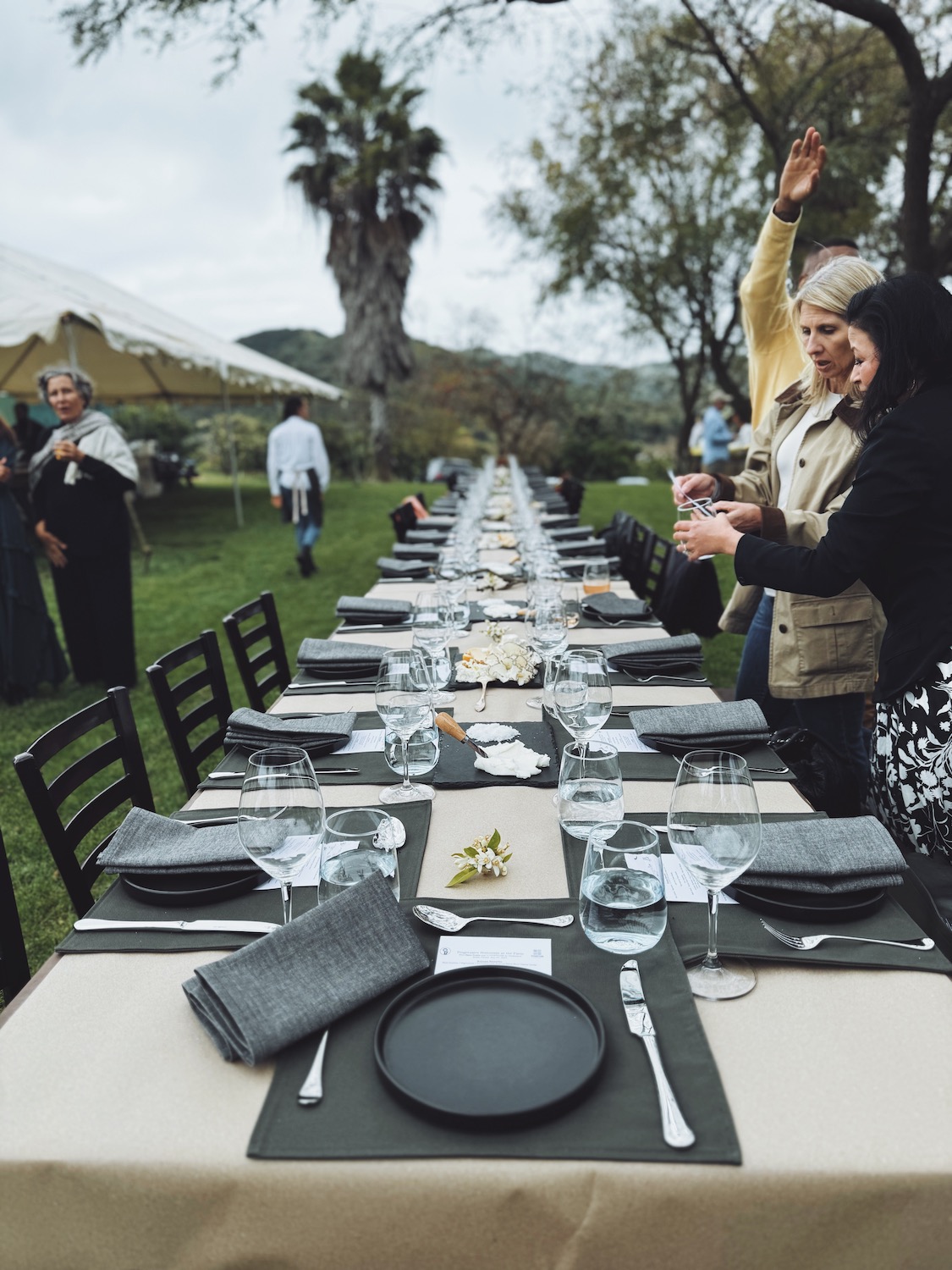
A long dinner table is set in the middle of the grass. Lamb from nearby Taj Farms is being wood-smoked, vegetables from dirt a few feet away are being charred. The whole idea: Bring people who love food together around a table for a great meal in a farm setting worthy of a conversation, talk about how to make the right changes to make this kind of experience as sustainable as possible.
“The idea behind San Diego was to meet Drew and do a meal with a like-minded culinary anchor,” Cowin says. “We gather people to inspire, educate, and motivate them to take one more action to help heal the planet.”
Drew and Paulina Deckman greet guests standing side-by-side, serving Baja oysters on the shell with caviar, oysters smoked with the lamb, and rockfish ceviche. Tommy Gomes, San Diego’s top fishmonger who greets local boats as they dock behind his shop, serves slices of aged local bluefin tuna and smoked tuna sausage. Tommy notices I’m shivering while we’re catching up and gives me his large black jacket with “Fishmonger” printed huge on the back. I wear it over my floral silk dress the rest of the afternoon.
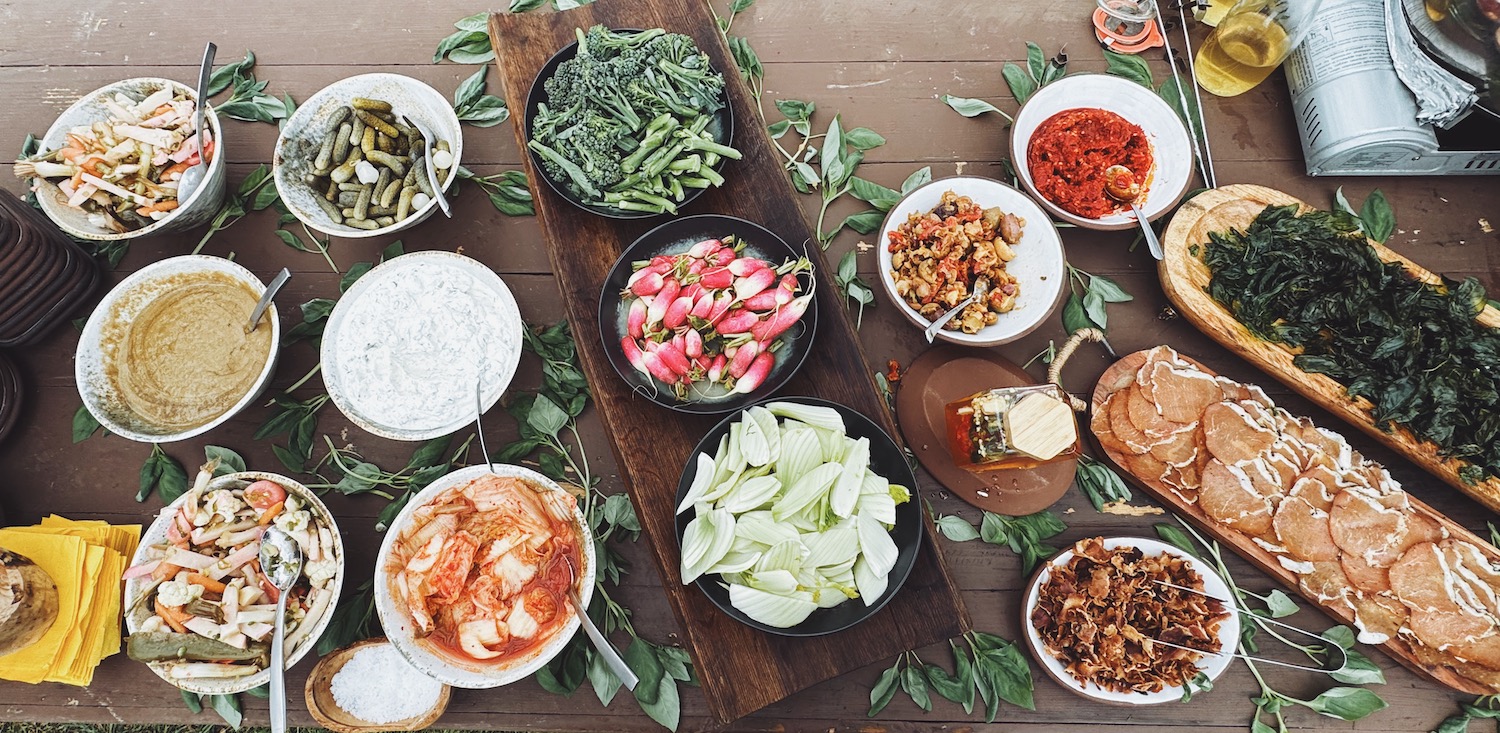
One of the top winemakers from Baja, Kris Magnussen of Valle de Guadalupe’s family-owned Lechuza Vineyards, hands us a glass of unoaked Chardonnay. Also here is Natalia Badan of Mogor-Badan winery, the site of Deckman’s signature restaurant in Baja, Deckman’s en El Mogor.
“She’s the matriarch of the Valle,” Drew says of Badan. Badan has been one of the most measured and resonant proponents of the Valle, Mexico’s wine region 90 minutes south of the border—both a sister region of San Diego’s food culture and an area that’s exploded with tourism and its attendant growth. Near us, Stehly Farms has a table filled to the brim with farm vegetables, bagna cauda, and strained yogurt with herbs. The bread is from Black Hat Breads, started by a San Diego engineer who mills his own grain. Jack Ford, aka “Jack the Farmer” (the most interesting man in ranching) is from Taj Farms and brought goat milk ricotta and jalapeño-infused honey and raised the lamb that will be served for dinner tonight.
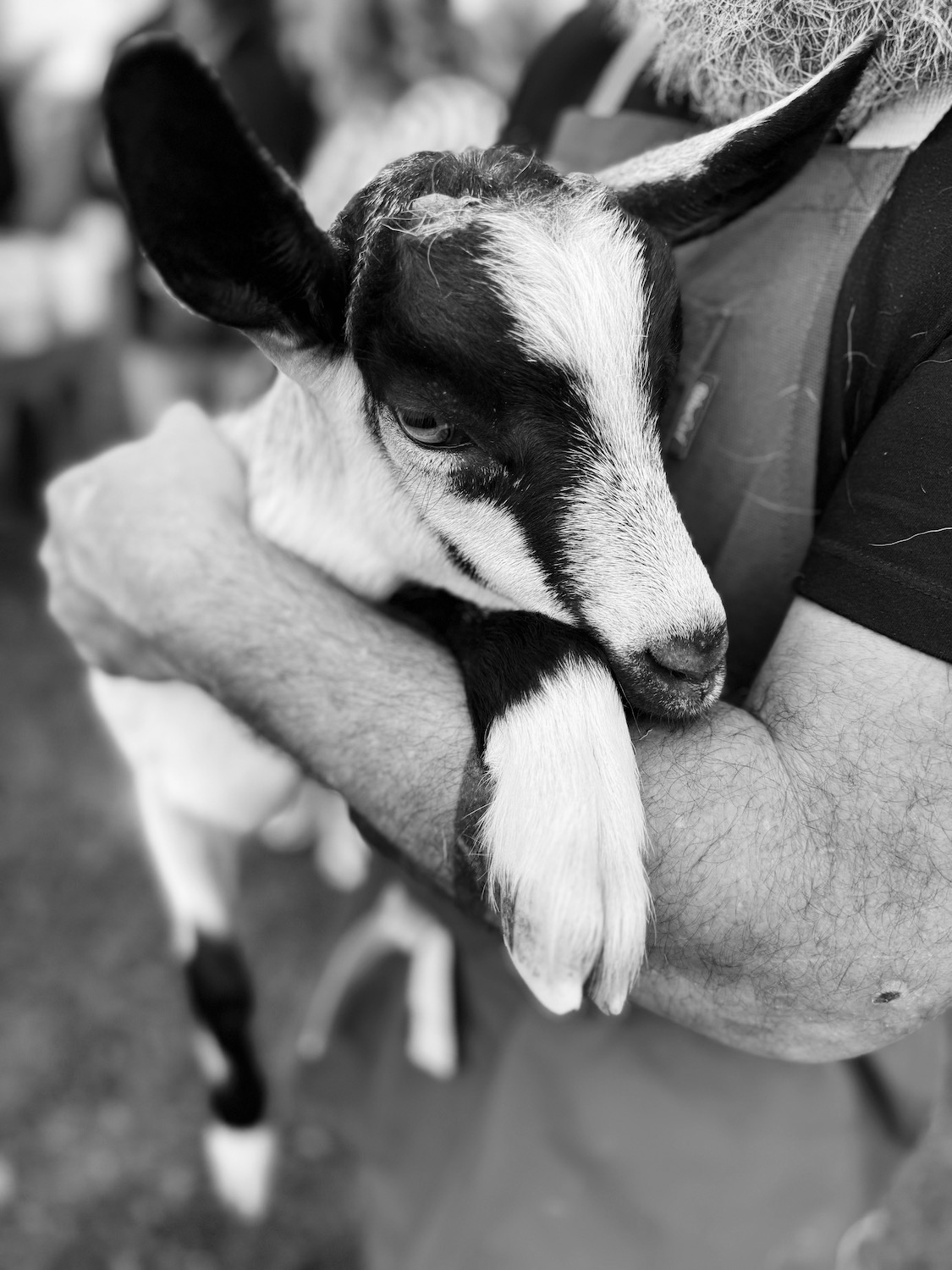
This group is intimately tied to the land—how we grow it, how we raise it, and how we treat it. Ford’s goats supply the entertainment-as-instruction. Lure them in with the cute, hit them with the learning. Basically, TikTok’s secret sauce in the wild. He picks one of the baby goats up and hands her to my husband, who cradles her in his arms. I miss my son. Ford hands us a chefs’ pint of freshly squeezed goat milk, which is warm and far more delicious than usual milk. I have never chased Chardonnay with goat milk, but I think they’re onto something.
Ford entertains a group of us with stories about how the children of the farm families in the surrounding area used to get in trouble together. He also sneaks in stats and perspective about why goat milk is easier to digest (smaller proteins) and about the importance of agriculture in this valley.
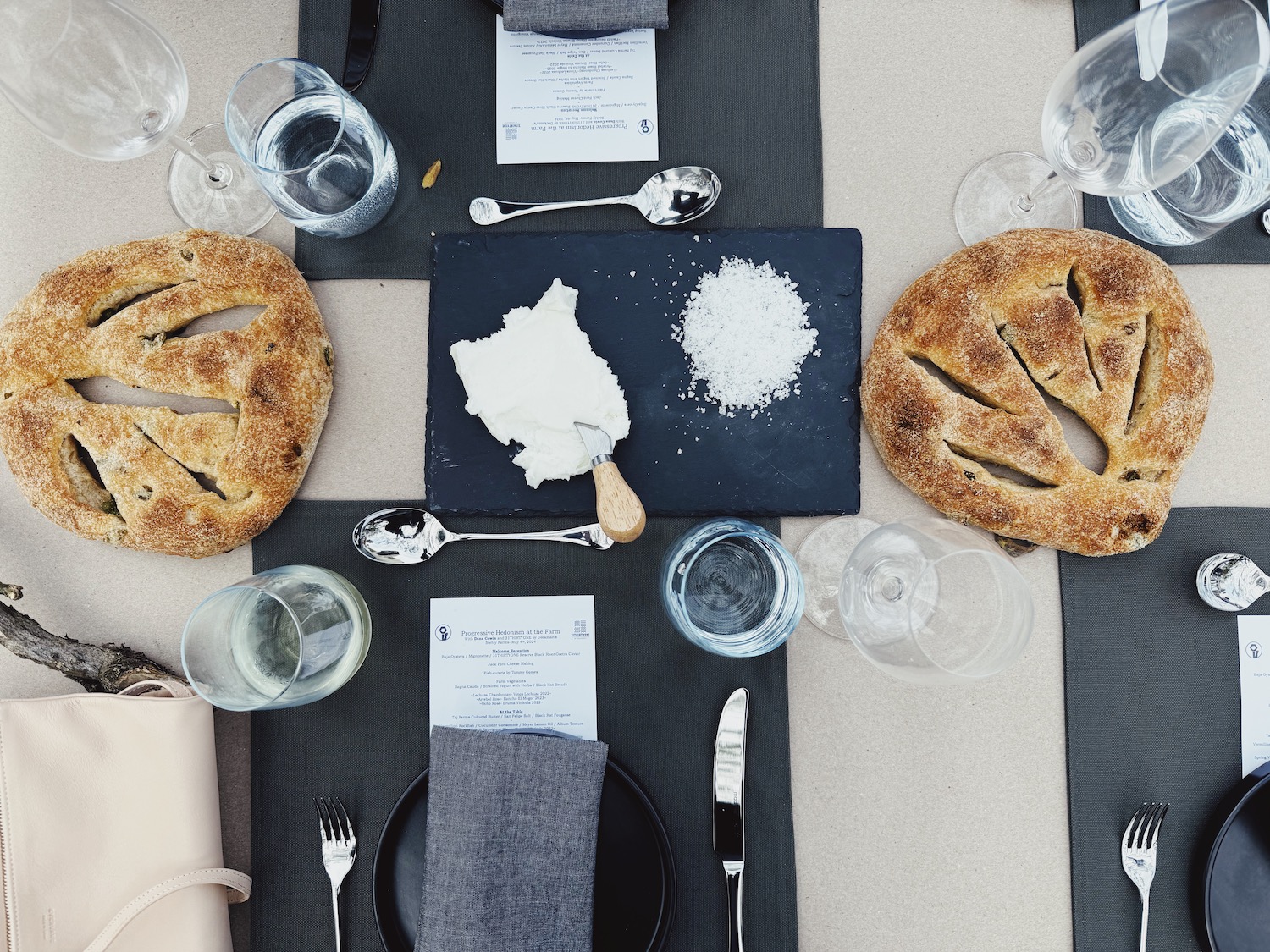
The 40 guests then make their way to the long table decorated with displays of Taj Farms cultured butter, San Felipe salt, and Black Hat Fougasse.
Drew addresses the table, thanking everyone for coming. He speaks slowly, intentionally, sometimes with long pauses that make my New York heart itch. Drew introduces the winemakers and what they mean to him, noting that they are women-owned businesses and that he hates he has to acknowledge that because he wishes he could just say “human-owned” businesses. But the work is not done yet, the barriers still exist, and there’s still that need to highlight women-powered things.
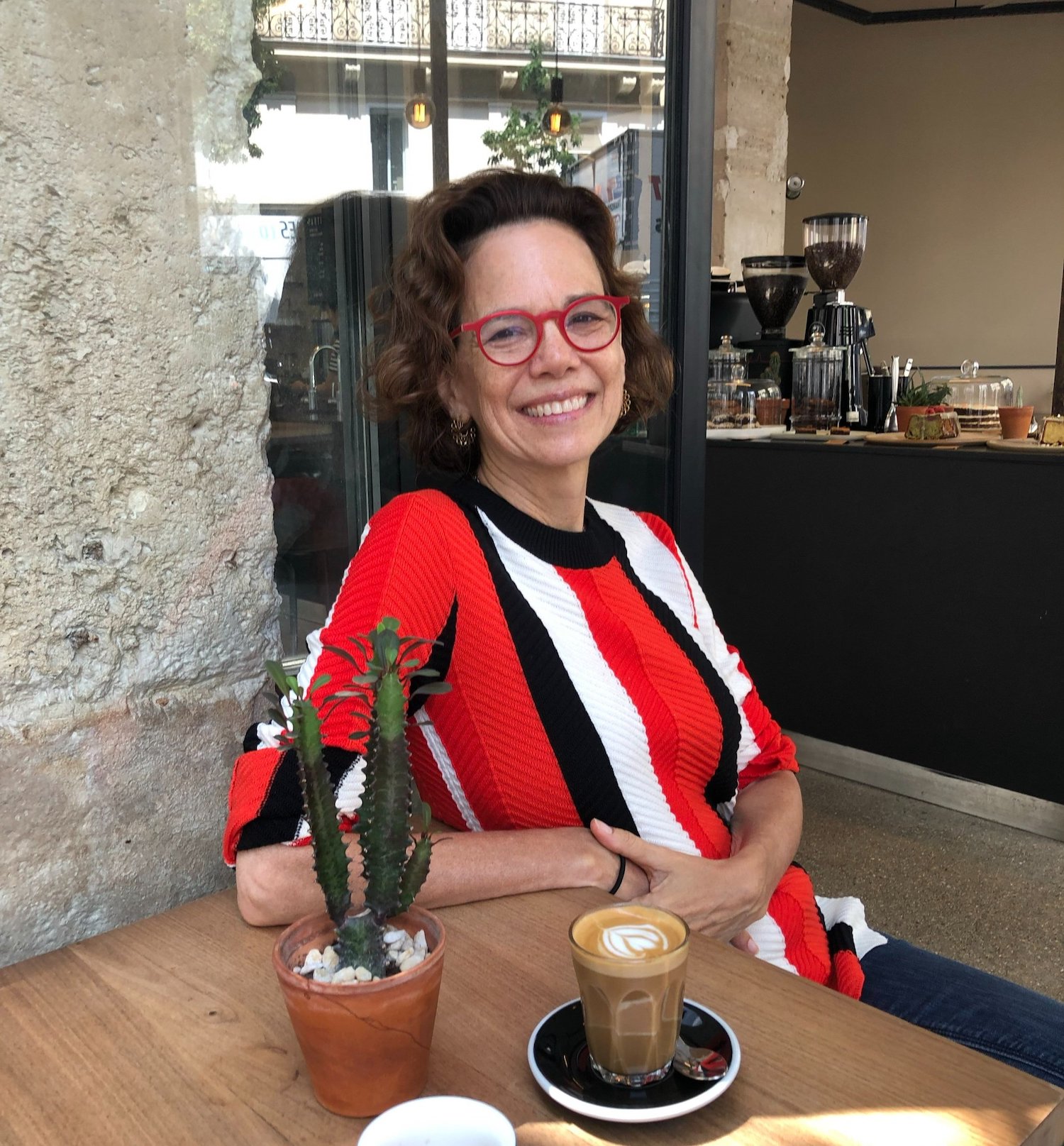
During dinner, I sit across from Dana Cowin. With her round red glasses, sharp wit, and ability to weave facts, details, and cultural context casually into a conversation and without ego demonstrates the skills of a woman who spent 25-plus years in a position of influence and power over the unreachable upper echelons of the food media society. We talk about our love of zines and exchange media-publishing war stories and discuss the future of content (a word I’m so sick of hearing, of saying).
The Progressive Hedonist is a deconstructed, refreshing approach to media from a seasoned and well-connected expert. In lieu of a traditional awareness campaign for her new idea, she’s traveling to different cities, breaking bread and talking to people who share a mutual interest in improving the food system. She caps these dinners to allow for conversation, storytelling, and, ultimately, sharing the mission. The goal isn’t small or shy: to break the cycle of climate change doom and allow joy into climate activism through food.
Table talk is not lacking with this crew. During the dinner, we spend a prolonged period of time talking about rockfish and eco-farming with Jen Bushman, an aquaculture expert, who has a docuseries for PBS called Hope in the Water coming out in June. Dana talks about Rafettos Pasta, a 118-year-old business in Manhattan that’s still run by the original family. Sarah Rafetto, the fourth generation manager of the shop, started a supper club and hosted a Progressive Hedonist supper. She spent a week collecting the scraps from what was left of various pasta-prep and created a medley of pasta dishes for the occasion, Cowin tells me.
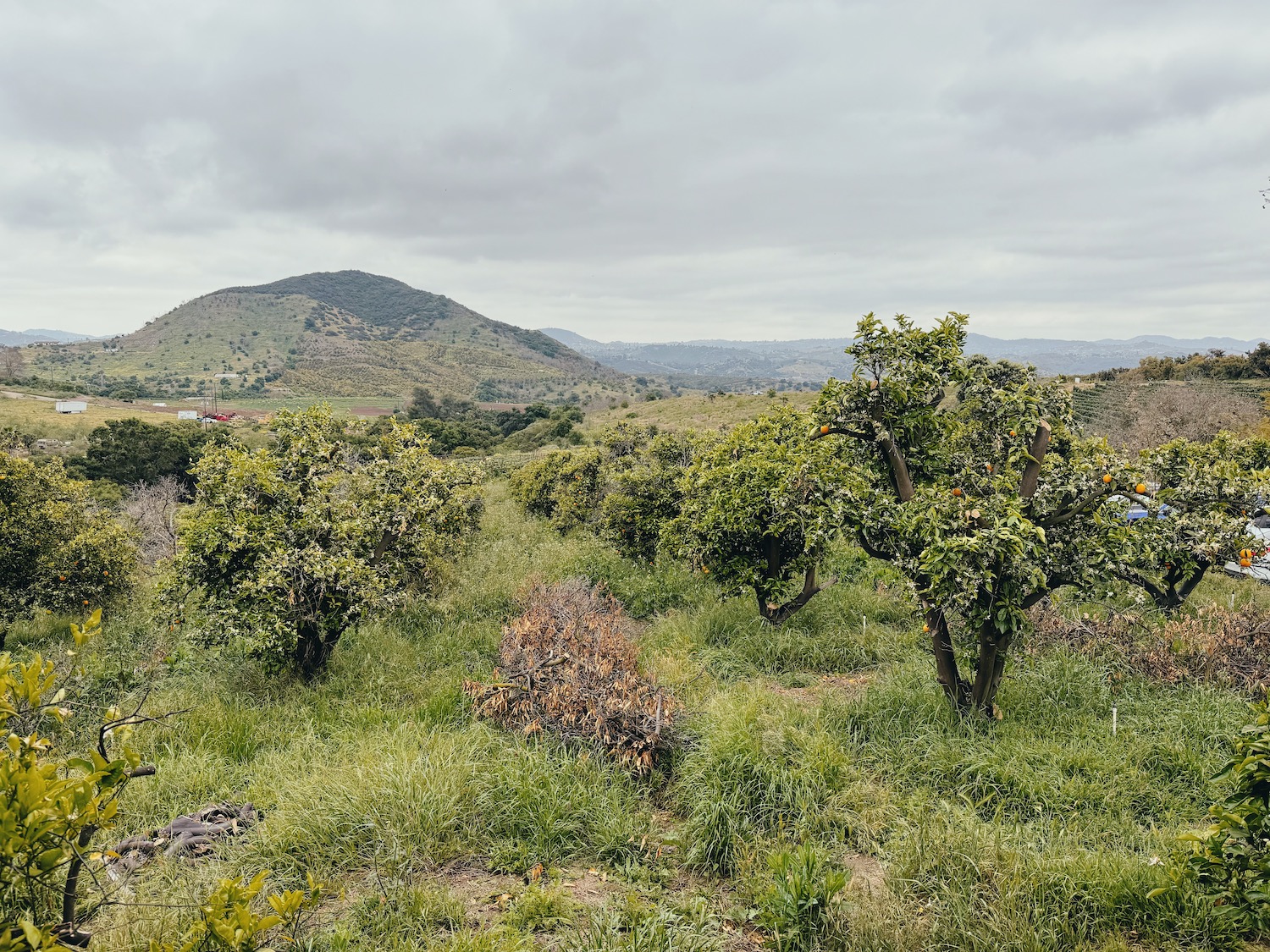
“Progressive Hedonist is defined by five active principles: Source sustainably, reduce copiously, live abundantly, learn actively, and participate meaningfully,” Cowin says. “Drew lives by these principles in the way he sources food from local farms and fishers he knows, the way he doesn’t waste, [the way he] engages with the world and gathers people around him to share the things he cares about. He is knowledgeable and has taken time to figure out the things that were challenging. He’s done the work.”
Cowin asks how we’re handling media in this day and age, which inevitably leads to a conversation about how social media fundamentally altered the traditional role of an editor. Looking around the dinner table, I start thinking about what it means to create “sustainable” content. Spend more time making less, but make it better. Do the work, tease out the real story, find the connection that will resonate with someone, somewhere. We’re all inundated with rinse and repeat videos on Instagram that seem to talk a lot but don’t say much.
This dinner lasts four hours, from 2 to 6 p.m., but the effect is deep. It was only for 40 people, but it took an incredible amount of effort to pull off something remarkable—work from artisans, chefs, fishmongers, cheesemongers, ranchers, grape growers, even baby goats who all share the same passion for the land and respect for each other.
I saw how Cowin is approaching this series from an editor’s eye—going for quality over quantity, less concerned with reach and frequency, more focused on intentional and curated conversation. The kind of content that hits a little but lasts a while. In other words, it sustains.

